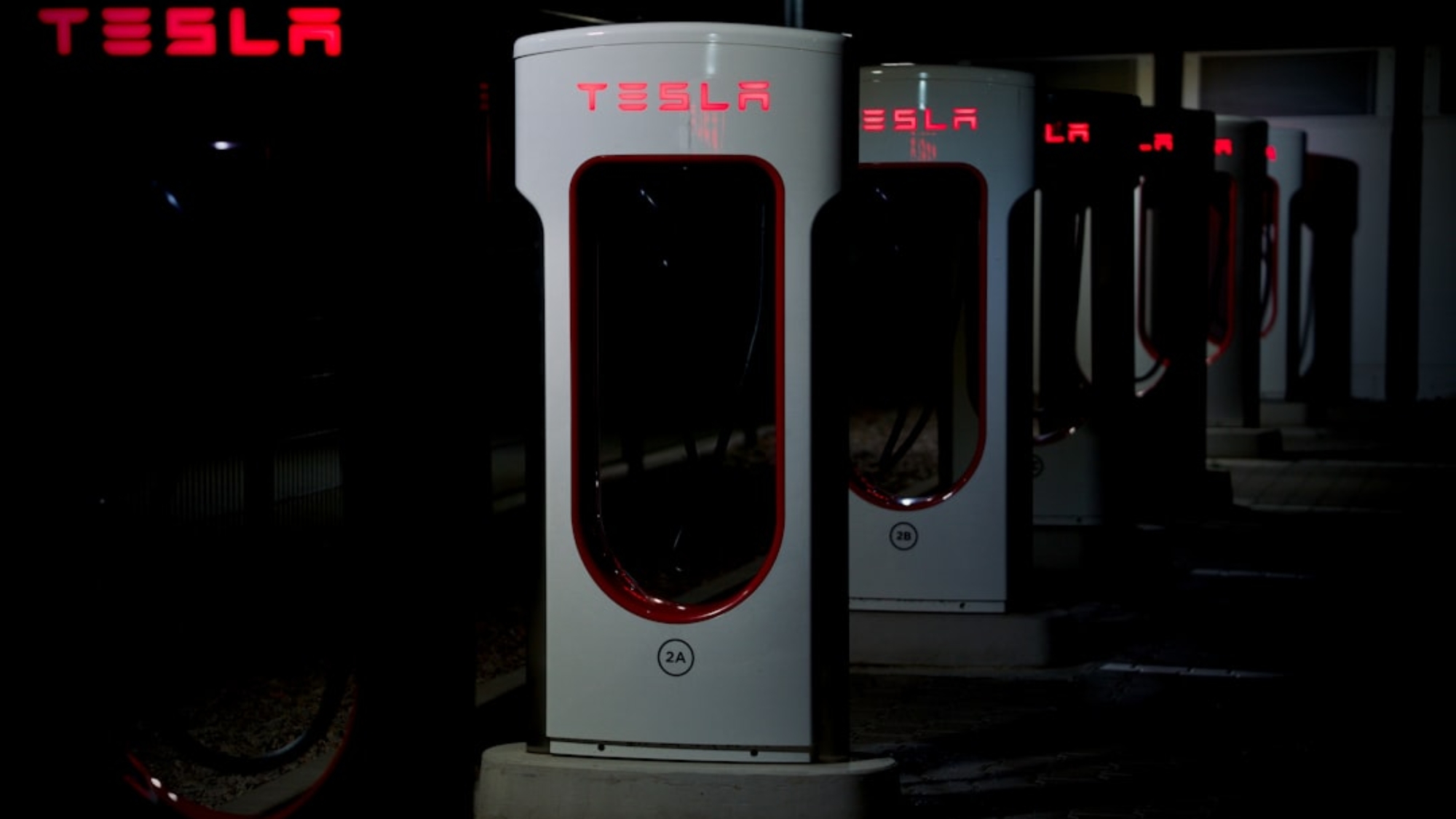GPS devices have become an essential tool for navigation and tracking in today’s modern world. Whether you are using a GPS device for driving directions, outdoor activities, or fleet management, it is crucial that your device is always charged and ready to use. However, many GPS device users often encounter charging problems that can be frustrating and inconvenient. In this article, we will explore the common reasons why GPS devices fail to charge and provide tips on how to address these issues effectively.
Common Reasons for GPS Device Not Charging
There are several common reasons why GPS devices may fail to charge. One of the most common reasons is a faulty power source. If the power source you are using is not providing enough power or is not compatible with your GPS device, it may not charge properly. Another common reason is a damaged or faulty charging cable. If the cable is frayed, bent, or has any other visible damage, it may not be able to transmit power effectively. Additionally, the charging port on your GPS device may be dirty or clogged with debris, preventing proper charging. Lastly, outdated software on your GPS device can also cause charging issues.
Check Your Power Source
Before assuming that there is a problem with your GPS device, it is essential to check the power source you are using. Start by ensuring that the power outlet or USB port you are using is functioning correctly. You can do this by plugging in another device and seeing if it charges properly. If the power source is working fine, try using a different charger or USB cable to see if the issue lies with the charger itself. Sometimes, using a charger that provides more power output can help resolve charging problems.
Inspect Your Charging Cable
If you have determined that the power source is not the issue, the next step is to inspect your charging cable. Look for any visible signs of damage such as frayed wires, bent connectors, or loose connections. If you find any damage, it is recommended to replace the charging cable with a new one. Even if there is no visible damage, it is still worth trying a different charging cable to see if the issue is resolved. Sometimes, the problem lies with the cable itself and not the GPS device.
Clean Your Charging Port
A dirty or clogged charging port can also prevent your GPS device from charging properly. Over time, dust, lint, and debris can accumulate in the charging port, obstructing the connection between the charger and the device. To clean the charging port, use a small brush or a toothpick to gently remove any debris. Be careful not to damage the charging port while cleaning. Once the port is clean, try charging your GPS device again to see if the issue is resolved.
Restart Your GPS Device
Sometimes, a simple restart can help resolve charging issues with your GPS device. Turn off your device completely and disconnect it from any power source. Wait for a few minutes before turning it back on and reconnecting it to the charger. This can help reset any software glitches or errors that may be causing the charging problem.
Update Your GPS Device Software
Outdated software on your GPS device can also cause charging problems. Manufacturers often release software updates that address various issues, including charging-related problems. Check if there are any available software updates for your GPS device and install them if necessary. Updating your device’s software can help improve its overall performance and resolve any charging issues caused by outdated software.
Replace Your GPS Device Battery
If you have tried all the above steps and your GPS device still fails to charge properly, it may be time to consider replacing the battery. Over time, batteries can degrade and lose their ability to hold a charge effectively. Check with the manufacturer or a reputable service center to see if a replacement battery is available for your GPS device. Follow the manufacturer’s instructions or seek professional help to ensure that the battery replacement is done correctly.
Seek Professional Help
If you have exhausted all troubleshooting steps and your GPS device still does not charge properly, it may be time to seek professional help. Contact the manufacturer’s customer support or take your device to an authorized service center for further diagnosis and repair. They will have the expertise and tools necessary to identify and fix any underlying issues with your GPS device.
Preventing Future GPS Device Charging Issues
To prevent future GPS device charging issues, there are several steps you can take. First, always use the original charger and cable that came with your device or purchase a reputable replacement. Avoid using cheap or counterfeit chargers, as they may not provide the necessary power output or could damage your device. Regularly clean the charging port of your GPS device to prevent debris from accumulating. Additionally, keep your device’s software up to date by installing any available updates. Finally, avoid exposing your GPS device to extreme temperatures or moisture, as these can also affect its charging capabilities.
GPS devices are incredibly useful tools that rely on proper charging to function effectively. If you are experiencing charging problems with your GPS device, it is essential to address them promptly to ensure uninterrupted use. By checking the power source, inspecting the charging cable, cleaning the charging port, restarting the device, updating the software, replacing the battery if necessary, and seeking professional help when needed, you can resolve most GPS device charging issues. Additionally, taking preventive measures such as using the original charger and cable, keeping the charging port clean, and avoiding extreme temperatures or moisture can help prevent future charging problems.


